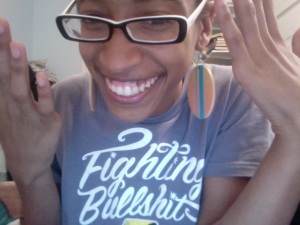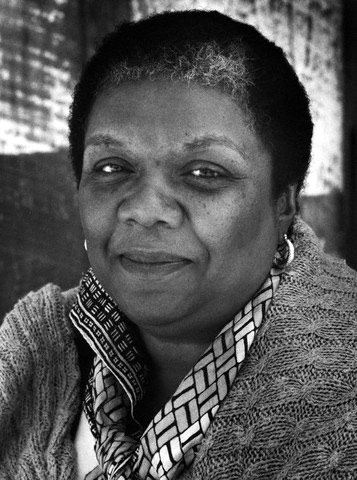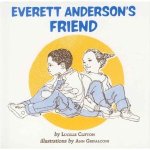www.summerofourlorde.wordpress.com

(Lex's wardrobe provided by Ammoliscious and sister-comrade Leah Burke)
I LOVE THE SCHOOL OF OUR LORDE WEBINARS!!!!!!
After reading and discussing Audre Lorde's "Poetry is Not a Luxury" the participants in the School of Our Lorde Poetry Webinar collaboratively created these two poems about what poetry IS and what it IS NOT!!!! Much love to Monchel, Chantal, Rosa and Leana for being badass cyber cypher warriors!!!!
not
poetry is not a mask
poetry is not a commercial
poetry is not homogeneous
poetry is not an excuse
poetry is not perverse
poetry is not linear
poetry is not just for white guys with nothing better to do
poetry is not canonized
not a classroom unit
poetry is not a bunch/of line breaks/in random/places
not a grade
poetry is not taught or learned--it's the language we were born with
not death without a birth
poetry is not inhibited
poetry is not brought to you by hallmark
a competition
poetry [will] not be televised
not a "10"
poetry is not about meter
poetry is not an accessory in a psuedo-revolutionary lifestyle
poetry is not oppressive
poetry is not convenient
poetry is not always easy
poetry is not boxable
not a bindi on a dreadlocked white girl's forehead at a powwow
poetry is not the destination -- it is the journey
poetry is not standard english
poetry is not patchouli
is
poetry is my son's smile
my fingers walking across his belly and squirming back
poetry is a heartbeat
yes
poetry is what i say to my reflection when i think no one is listening
poetry is a place to live
poetry is goosebumps!
poetry is breath
poetry is prayer
poetry is a breath of fresh air
poetry is italian ice on a 90-degree day
lol
poetry is your hand in mine
poetry is laughing out loud :P
hee!
poetry is an ecosystem
YES
poetry is painful but not in vain
poetry is a lifeline
poetry is family
poetry is an open heart
poetry is a safe space
poetry is knowing when you've met The One (or The Ones)
poetry is an exorcism
poetry is jabberwocky
poetry is knowing when you've met yourself
poetry is a new spelling of my name and everything else
poetry is the sound of sitting still
the sounds of getting up
poetry is raw
sdrawkcab si yrteop
poetry is forwards
poetry is a yes followed by an oh yes!
poetry is circular
poetry is everpresent
poetry is old
is silent when we're not listening, but still persistently there
poetry is about to happen
poetry is our only hope
poetry is wanted and feared
poetry is your skin knitting itself back together
poetry is omnipresent
poetry is an open door
this language is beautiful
poetry is love
poetry is stinky funky lust
poetry is knowing when to stop
and start again
poetry is what makes you say "aww" when you see a little kid
poetry is putting into words what had no words before
poetry is putting into words what never existed before
poetry is what my heart is saying to my hand
poetry is constantly naming what is so it doesn't get lost
poetry is mothering myself
poetry is how my mom calls my cell phone whenever i say (or type) the word “mother”
poetry is calling for my attention
to join the School of Our Lorde Poetry Webinar email brokenbeautifulpress@gmail.com






